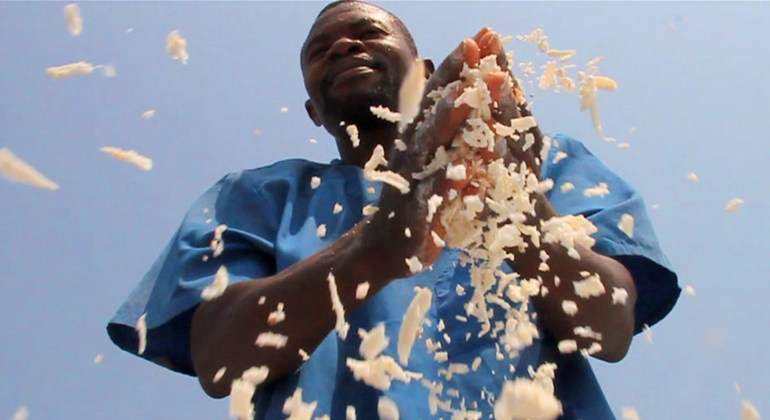According to Disaster risk reduction at farm level: Multiple benefits, no regrets by the Food and Agriculture Organization (FAO), poor farmers can obtain significant economic gains and other benefits by implementing modified farming practices aimed at boosting their ability to cope with disasters and natural shocks.
“The study makes clear that in most cases, disaster risk reduction (DRR) efforts on the farm make good economic sense: that investing in DDR early can save many dollars that would otherwise be spent on post-disaster rehabilitation,” said Dominique Burgeon, Director of FAO Emergency and Resilience Division, in the foreword to the report.
Through multi-year trials on over 900 farms in 10 different countries, FAO stated that many of the low-cost farming innovations are within easy reach of poor farmers. And, they are much more than buffers against disasters.
Examples include planting mangrove to protect coastal areas from floods, and shifting to rooftop water collection and irrigation systems.
“Farm-level DRR good practices are often ‘no-regret’ measures’, Ms. Burgeon continued, explaining that “they prove effective in providing added benefits even in the absence of hazards”.
FAO’s study illustrates that good practices have considerable potential to reduce damages wrought on developing world agriculture by smaller-scale, lower-intensity disasters. While these garner less attention than large-scale hazards, like dry or cold spells, they represent a constant problem for the 2.5 billion people who rely on small-scale agriculture.
Win-win for small-scale farmers
On average, DRR practices have generated benefits 2.2 times higher than practices previously used by farmers, including in increased agricultural production and avoided hazard-associated risks.
In hazard scenarios, for every dollar invested in DRR, the farmer achieved $3.7 in terms of avoided loss or return. And under non-hazard conditions, the return rose even further, to $4.5.
These practices can benefit billions of people, preventing economic losses and delivering economic benefits at regional and national levels.
Greater upfront investment in anticipatory measures is also more cost efficient than post-disaster spending on reconstruction and recovery, the report says.
This can be done through farmer-to-farmer replication, or when local farmers begin to adopt new techniques after observing the benefits their neighbors gained when doing so. This method requires little investment or institutional support.
Another avenue is through large-scale efforts that require government and private sector support to promote the practices at scale.
Crucially, both pathways depend on good infrastructure, adequate investment and an enabling environment. Agricultural development policy, planning and extension work should treat disaster risk reduction as a priority, the report stressed.


